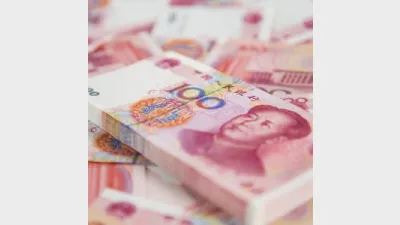China may become global currency issuer: Fitch



Fitch Ratings believes China has key attributes that could make the country a leading global currency issuer, given that international use of the Chinese yuan has been rising in recent years across a number of categories, but from a very low base.
However, China’s efforts to internationalise the yuan also faced significant hurdles, despite policymakers’ recent progress in expanding foreign investors’ access to the country’s domestic capital markets.
These included addressing the widespread prevalence of capital controls, limited liquidity in its government securities, as well as other governance and geopolitical challenges.
Fitch said that there was also a question of inertia, which will tend to favour incumbents in the absence of a major shock of global consequence.
“It is worth recalling that the transition from the pound to the US dollar as the leading international currency occurred over multiple decades and against the backdrop of two world wars, a period of history that resulted in a dramatic shift in the global power balance,” the agency said.
At the same time, the US dollar’s had still pre-eminent role across the private sector due to its disproportionate share in global foreign exchange turnover, prominence in international debt markets, its widespread use as an invoicing currency for international trade transactions, and having a leading share in cross-border global payments.
Across the public sector, the US dollar’s dominance was evidenced by its large share in central bank foreign reserves, prevalence as an exchange rate anchor, its status as the lead numeraire currency for major commodities such as crude oil (quasi-public, quasi private), and its use in conducting official interventions.
The US dollar’s leadership was followed principally by the euro, which exhibited many similar characteristics, but on a more limited scale, as well as other global currencies such as the Japanese yen and pound sterling which played only minor roles.
Available data suggested this status quo remained virtually unchanged for decades, and Fitch expected this dynamic to persist for the foreseeable future, given a lack of compelling alternatives, the agency said.
Recommended for you
Global asset manager Janus Henderson could be acquired after receiving a non-binding acquisition proposal jointly from a private investment firm and venture capital firm.
Investment manager Salter Brothers has partnered with private equity firm Kilara Capital to launch an Australian sustainable investment platform focusing on decarbonisation.
Fresh off launching three active ETFs to the Australian market, Avantis Investors is already planning to expand its range with two further products next year.
Ausbil is growing its active ETF range with an ESG product in collaboration with sister company Candriam.












